North Carolina Medical Board Disciplinary Options: What Physicians Should Know
When a complaint is filed with the North Carolina Medical Board (NCMB), one of the first questions physicians ask is: “What can the Board actually do to me?”
The answer isn’t always straightforward. The NCMB has a range of options—some private, some public, some disciplinary, and some technically “non-disciplinary” but still visible to the world. Understanding these outcomes can help you take control of the process early and protect your license, reputation, and career.
Private vs. Public Actions
One of the biggest distinctions is whether the outcome is private or public.
Private actions stay between you and the Board. They don’t show up on the NCMB’s website or in national databases. These outcomes are generally favorable because they won’t affect how your peers, employers, or patients view you.
Public actions are posted online for anyone to see. That means current and future employers, credentialing bodies, and even patients can find them with a quick search. Even if the Board says a public action is “non-disciplinary,” the reality is that it can still raise red flags.
For that reason, physicians should focus on steering complaints toward private outcomes whenever possible.
Common Outcomes in NCMB Cases
Here are the most common types of actions the NCMB takes, starting with the least severe:
Accepting the Complaint as Information
This is the best-case scenario. The Board reviews the complaint, decides no violation of the Medical Practice Act occurred, and closes the case. The complaint stays on file internally, but nothing more comes of it.
Private Letter of Concern
This is a confidential letter from the Board noting something about your conduct that raised concern. It’s not considered discipline and it doesn’t go public. Often, it’s a nudge to be more careful in the future.
Public Letter of Concern
This is where things get tricky. A public letter is also labeled “non-disciplinary,” but the Board posts it on its website. The message: while your actions may not rise to the level of discipline, the Board believes the public should know about it. Whether you consider that discipline or not, the reputational impact is real.
Non-Disciplinary Consent Order (NDCO)
Sometimes the Board issues a consent order that is public but not classified as discipline. An NDCO can include conditions, such as additional training, monitoring, or evaluations. Like a public letter, this creates a permanent online record—even though the Board doesn’t call it “discipline.”
Disciplinary Consent Orders and Formal Discipline
If the Board finds a violation, it can move into true discipline. This may be negotiated through a consent order or imposed after a hearing. Outcomes can include:
Reprimands
Probation
Restrictions on practice
Suspension (with or without stay)
Revocation of the license
Emergency Suspension
In rare cases where the Board believes there is an immediate danger to the public, it can suspend a license right away. This is the most serious short-term action and is typically followed by a hearing.
Why Early Strategy Matters
The further a case moves toward the “public” side of the spectrum, the harder it is to protect your reputation. That’s why the early stages of an NCMB investigation are so critical. How you respond to the initial complaint, the way you present your side in writing, and whether you attend an interview with counsel can all influence the outcome.
While physicians can’t always control whether a complaint is filed, they can control how they respond. The right strategy can mean the difference between a private letter that never sees the light of day—or a public action that follows you for the rest of your career.
Final Thoughts
The NC Medical Board has a wide range of disciplinary options, from confidential letters to full license revocation. Not every complaint results in harsh discipline, but even so-called “non-disciplinary” public actions can have lasting consequences.
If you’re facing an NCMB complaint, don’t go it alone. Getting guidance early can help protect your license and your livelihood.
This is not legal advice. If you do need legal representation call the office at: 919-616-3317

